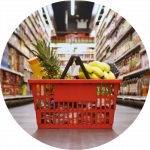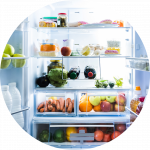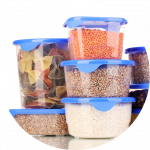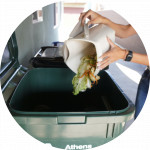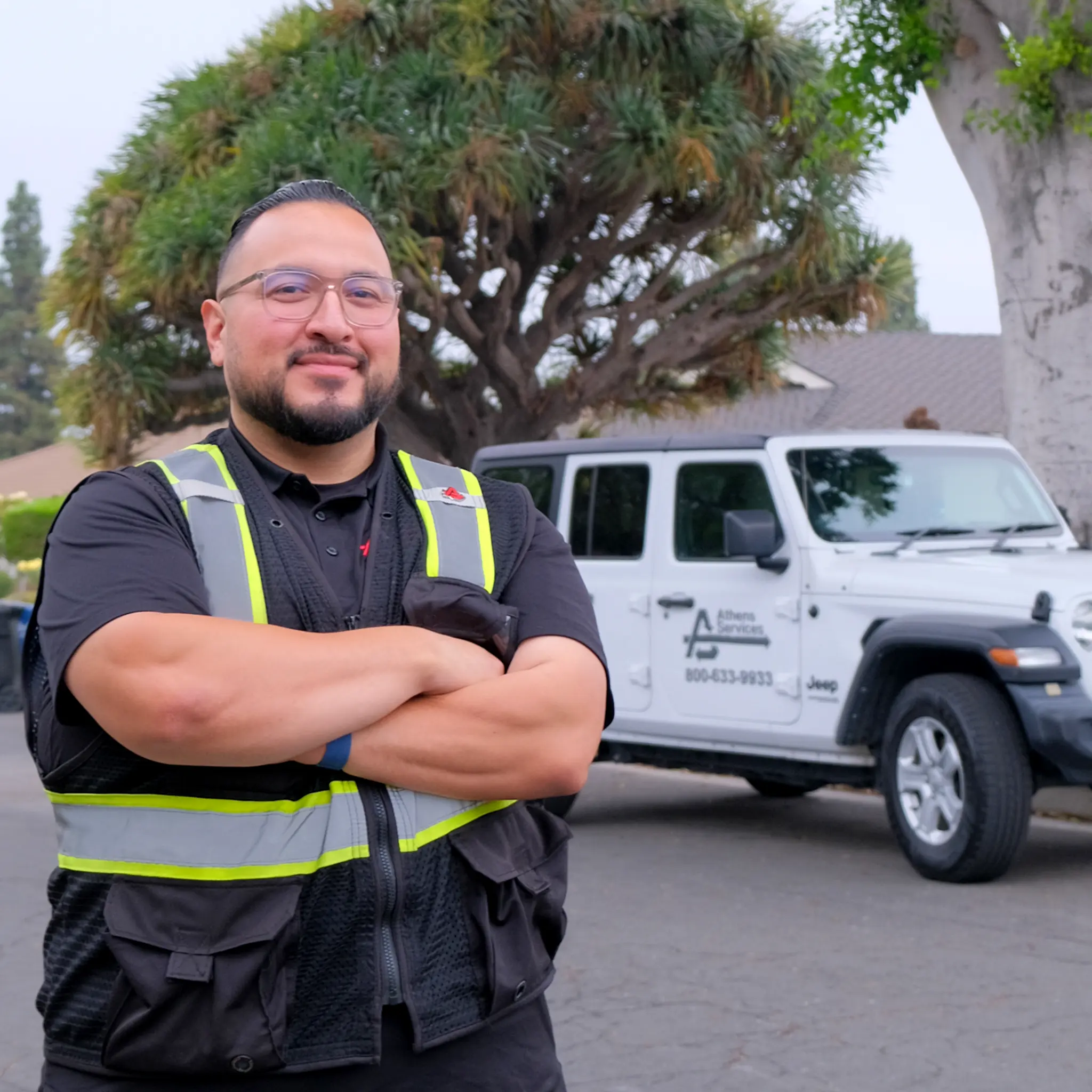Reducing Food Waste is Good for the Planet and Your Wallet
There is no such thing as food waste, just wasted food.
Let’s face it, wasting food is bad—not just for the environment, but also for our wallets. The United States Department of Agriculture (USDA) states that up to 40% of food in the United States goes uneaten1, while CalRecycle reports that food accounts for 18% of waste in California’s landfills2.
When edible food and other organics materials end up in a landfill, the natural decomposition process emits methane, a powerful greenhouse gas (GHG) that is considered a climate super polluter. Wasting food is a big problem and for consumers, wasting food is essentially wasting money.
Here are some tips to help reduce wasted food at home:
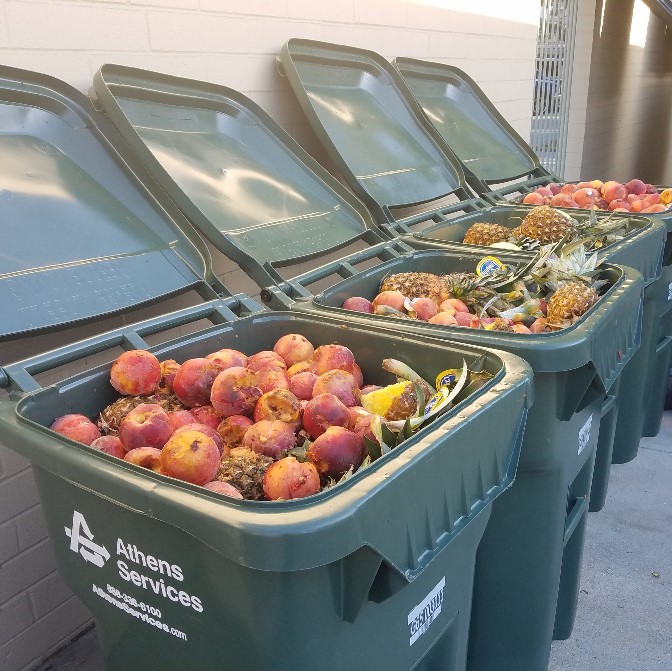
 Customer Service
Customer Service Bulky Pickup
Bulky Pickup Request Services
Request Services Pay Bill
Pay Bill
